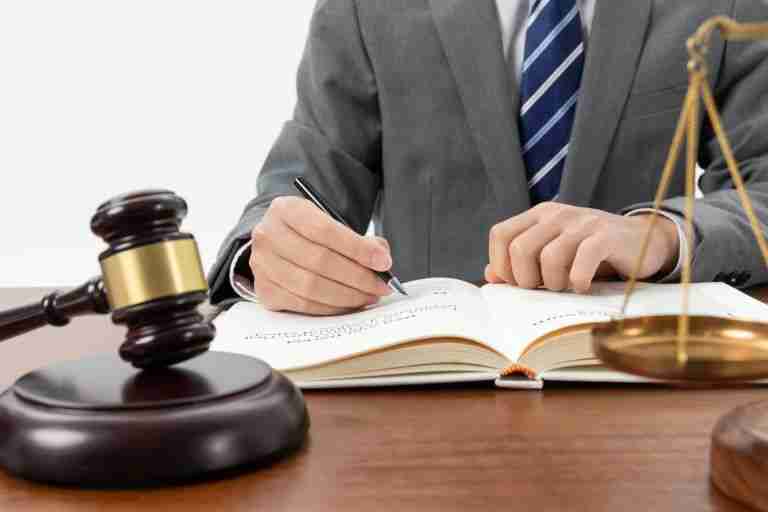Legal ethics stands as a cornerstone in law practice, ensuring justice, fairness, and integrity. This ethical framework guides attorneys in making decisions that uphold the law and honor their professional responsibilities. Bronx Injury Lawyers, P.C. stands as a prime example of a firm deeply committed to these ethical principles. While most legal scenarios adhere to clear ethical guidelines, attorneys occasionally encounter unusual ethical dilemmas. Often complex and unprecedented, these situations require a delicate balance between legal obligations and moral judgment. As we delve deeper, how these unique challenges test an attorney’s ability to navigate the intricate web of legal ethics becomes evident.
Balancing Client Confidentiality with Public Interest
The delicate balance between safeguarding client confidentiality and serving the public interest presents a profound ethical quandary for legal professionals. Picture a scenario where an attorney uncovers information about a client’s illegal activities. Here, the attorney is torn between the duty of confidentiality, a fundamental tenet of legal practice, and the moral imperative to prevent harm to the public. Such cases, whether drawn from real-life or hypothetical situations, underscore the complexity of legal ethics. They demand a nuanced approach, weighing the confidential relationship with the client against the broader implications for society and justice. This dilemma highlights attorneys’ intricate and often challenging role in upholding their clients’ rights and societal welfare.
Navigating Conflicts of Interest in Complex Cases
In complex legal cases, conflicts of interest can emerge as intricate and multifaceted challenges, testing the integrity and objectivity of legal professionals. Imagine an attorney representing multiple parties whose interests could potentially diverge or where past client relationships might influence current case decisions. Such instances require astute awareness and proactive strategies for identification and management. To navigate this, attorneys employ rigorous conflict-check systems, adhere to stringent ethical guidelines, and, when necessary, recuse themselves to maintain fairness and impartiality. This process protects the interests of all parties involved and upholds the legal system’s sanctity and trust.
Dealing with Dishonest Clients
When confronted with dishonest clients or requests for unethical actions, legal professionals face a significant ethical challenge. This situation demands a delicate balance between client advocacy and the unwavering commitment to professional integrity. An attorney must navigate these murky waters by adhering to legal and ethical standards, often requiring difficult conversations to realign client expectations with lawful conduct. In maintaining this equilibrium, the attorney upholds not only the law but also the dignity of the legal profession. Such situations underscore the importance of ethical fortitude in the face of adversity, ensuring that the pursuit of justice remains untainted and principled.
Ethical Challenges in Pro Bono Work
Offering pro bono legal services introduces unique ethical dilemmas, intertwining the noble pursuit of community service with the pragmatic realities of financial sustainability. Lawyers undertaking such work often grapple with balancing their desire to serve those in need against the economic constraints of their practice. This balancing act tests not only their commitment to social justice but also their ability to manage their resources sustainably. This ensures that the noble intent of pro bono work is effectively realized without compromising the financial health of their practice.
Addressing Unethical Behavior in Colleagues
Confronting unethical behavior among colleagues, whether fellow attorneys or staff, demands a firm adherence to professional responsibility. It is a delicate yet crucial task, often starting with a direct, honest conversation to address the misconduct. If unresolved, reporting to the appropriate bar association becomes necessary, upholding the integrity of the legal profession. This process underscores the role of bar associations as guardians of ethical conduct, ensuring that the legal community remains a bastion of trust, professionalism, and ethical compliance.
Technology and Client Privacy
Modern communication methods and data storage pose significant privacy concerns, particularly in maintaining client confidentiality. Legal professionals are tasked with the critical responsibility of safeguarding sensitive information in this interconnected landscape. This includes employing advanced cybersecurity measures and adhering to strict data protection protocols. The challenge lies in embracing technological advancements while ensuring that every digital interaction and data storage method upholds the utmost standard of client privacy, thereby maintaining the trust and integrity essential to the legal profession.
The Grey Area of Legal Marketing and Advertising
In legal marketing and advertising, particularly online, a grey area is laden with ethical considerations. Attorneys must navigate this landscape carefully, balancing informative marketing and avoiding any form of misrepresentation. The challenge is to present their services truthfully and professionally without overstepping ethical boundaries. Understanding this fine line is crucial, as it not only respects the integrity of the legal profession but also protects potential clients from misleading information, ensuring trust and transparency in the attorney-client relationship.
Handling Sensitive or Prejudicial Information
Handling sensitive or prejudicial information, particularly in high-profile or media-intensive cases, requires a careful and ethical approach. Attorneys must manage such information judiciously, ensuring it does not unfairly influence the case outcome or sway public opinion. This responsibility entails a commitment to fairness and justice, avoiding the dissemination of details that could prejudice the legal process. In doing so, legal professionals uphold their ethical duties, maintaining the integrity of the judicial system and the trust placed in them by the public and their clients.
Negotiating Fair Settlements
In negotiating settlements, especially in personal injury cases, attorneys face a myriad of ethical considerations. The crux of this challenge is to balance client interests with the pursuit of fair and just outcomes. Lawyers must navigate these negotiations with integrity, ensuring that settlements are advantageous to their clients and reflective of legal and ethical fairness. This approach upholds the principle of justice, demonstrating a commitment to achieving resolutions that honor the rights and well-being of all parties involved.
Maintaining Professionalism in High-Stress Situations
Upholding ethical standards in high-stress situations demands strategic resilience and a commitment to professionalism. Attorneys must employ clear-headed decision-making, even under pressure, ensuring their actions align with ethical guidelines. Equally vital is recognizing the importance of self-care and mental health in maintaining this ethical stance. By prioritizing their well-being, legal professionals are better equipped to handle stress, make judicious decisions, and uphold the integrity of their practice, demonstrating that true professionalism encompasses both ethical diligence and personal health.
Conclusion
In conclusion, adherence to legal ethics is pivotal in upholding the integrity of the legal system. Bronx Injury Lawyers, P.C. stands as a testament to this commitment, consistently embodying ethical practices in every aspect of their work. For those seeking representation that aligns with the highest standards of legal integrity, visiting https://bronx-injury-lawyers.com/, offers access to experienced and ethically-minded legal support. Their dedication to ethical excellence serves as a beacon in the legal community.
 Español
Español 
